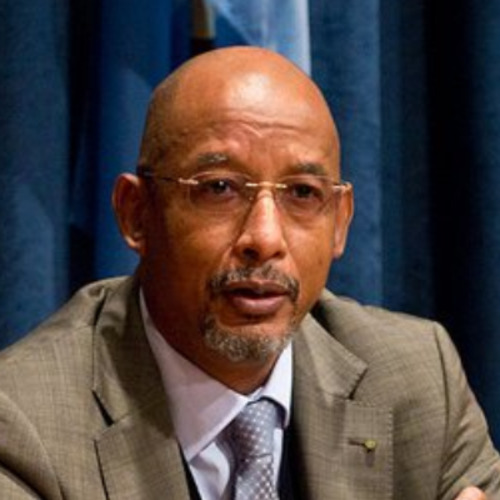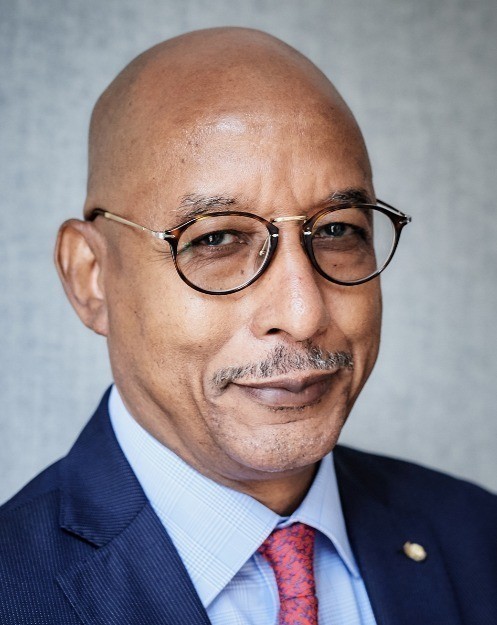African Governments Urged to Balance Between Saving Lives and Saving Eeconomies
With few African countries partially lifting the lockdowns imposed at the wake of the Covid-19 pandemic, leaders are being urged to weigh the consequences and guard against zero-sum policies aimed at saving only lives or the economy, some of the continent’s leading economic think tanks have warned. With 42 African countries currently under full or partial lockdown, the continent is losing about 2.5% of its GDP or US$65 billion a month, said the UN Economic Commission for Africa’s Secretary, Vera Songwe. Songwe was speaking during a debate on Africa’s lockdown exit strategies.

Populations in countries like South Africa and Kenya are growing impatient, with some families living below the poverty line saying they would rather take their chances with the coronavirus than face starvation, said African Union Development Agency CEO, Dr Ibrahim Assane Mayaki.”The question is how to choose the lesser of the two evils, because strict lockdowns have consequences,” he said. Both the economy and social fabric are breaking. Mayaki said data from the World Economic Forum and China shows that strict lockdowns for a long period of time could lead to “mess” of severe consequences for the mental health of citizens, the economy and the social fabric.
Read also:Kenya’s Foray into Oil Paying Off in Trickles
In countries with high inequality levels, such as South Africa, when people have run out of cash and food they cannot be locked down, said Mayaki. “The more you stay under lockdown, the more you deepen inequality…We need smart lockdowns which allow intelligent exit strategies where the most vulnerable and communities are preserved in terms of quality of life,” he added. While South Africa’s government has announced a R500 billion economic support package, part of which is earmarked for helping unemployed people and those who survive on social grants, Mayaki said governance systems will be critical in determining whether the relief goes where it is intended to.
Read also:Kenya Bans Digital Money Lenders, Extends Loan Repayment Period For Businesses
Kennedy Odede, a Kenyan social entrepreneur and founder of Shining Hope for Communities, said the fact that South Africa “almost exploded” over food parcels showed that strict lockdowns have become a time bomb. The biggest problem is that most of the financial relief governments are announcing benefits the formal economy, whereas the continent is dominated by the informal sector, he said. “When there is inequality and people are living from hand to mouth, they are ready for demonstration, for uprising because they are not losing anything,” said Odede.
The calls for governments to interrogate their lockdown exit strategies come as South Africa faces pressure from its own citizens and businesses to rethink its risk-adjusted approach to lifting the lockdown which is now in its sixth week. Company CEOs, doctors and actuaries in the country are among those who have written to President Ramaphosa calling for a relaxation of the lockdown regulations to let economic more activities resume. Business for South Africa, meanwhile, warned on Wednesday that the country’s GDP could shrink by between 10% and 16.7% this year, putting between 1 million and 4 million jobs are at risk.
Kelechi Deca

Kelechi Deca has over two decades of media experience, he has traveled to over 77 countries reporting on multilateral development institutions, international business, trade, travels, culture, and diplomacy. He is also a petrol head with in-depth knowledge of automobiles and the auto industry



